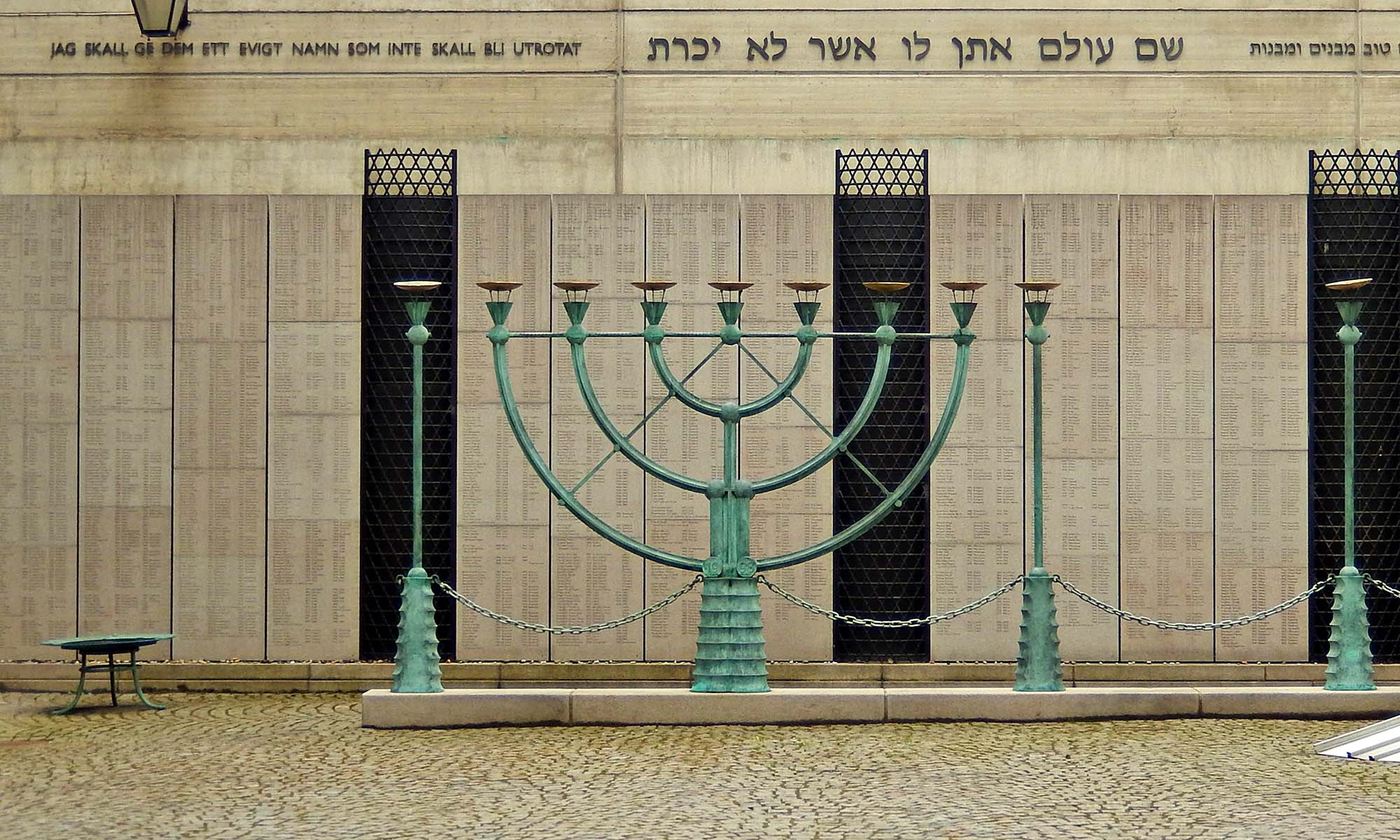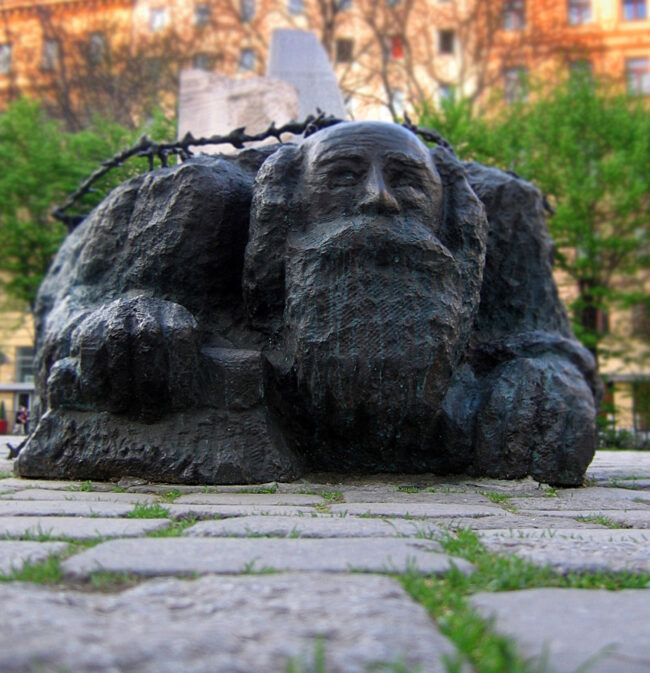Don’t look for the Steinedererinnerung in your guidebook: the murdered Jews of Austria have neither a Rick Steves nor a Frommer. And Vienna, basking in its Baroque and Art Nouveau splendor, would rather have you waltzing from Schonbrunn palace to Sachertorte’s shops instead of searching out the synagogues and homes of long-gone Jews. An Austrian sarcastic proverb, as noted by Magrit Reiter in her conference presentation “Antisemitism in Austria after the Shoa,” declares that Germans were the “better Nazis,” while Austrians were definitely the “better anti-Semites.”
The Holocaust victims’ destiny was, for the most part, determined by three key factors: the degree of control the Nazis had in the region, the history of Jews there, and the actions of the locals. The latter is where the Viennese truly excelled. Austrian inventiveness and viciousness quickly turned the city of Mahler and Freud into the city of “Hitler’s willing executioners,” using the title of the famous book written by Daniel Goldhagen. In this controversial study, Goldhagen argued that virulent “eliminationist antisemitism” was the cornerstone of German national identity. Austrians, in their zeal to eliminate their Jewish countrymen, managed to surprise even the Germans.
Vienna was by no means the only European city where the “final solution” had been successfully carried out. However, the delight the Viennese took in humiliating, torturing, and killing their Jewish neighbors was truly extraordinary. In that 1938 photograph I mentioned, the people in the laughing crowd taking such a delight in humiliating a Jew, were the very ones (or their parents) who elected the rabidly anti-Semitic Karl Lueger as a mayor of Vienna five times between 1897 and 1910. Hitler adored Lueger and considered the Viennese mayor to be a major influence on shaping his views on race.
According to the Austrian Jewish Community statistics, in 1938, 206,000 persons of Jewish decent had been living in the Austrian capital; one out of ten Viennese residents was Jewish. Less than 2,000 survived the camps. Practically no one returned. The flourishing Jewish community of Austria was all but obliterated during World War II. At first, Austrian Jews were lucky: unlike Germany, Austria had exit avenues open for a while and almost two thirds of the country’s Jews left. Those who stayed died wretched deaths at places like Theresienstadt and Auschwitz. One Vienna resident, Sigmund Freud, went to London with his family; his two elderly sisters stayed and perished.
After the war, Austria’s official position was that the country had been the very first victim of the Nazis’ aggression. Austria had no Nuremberg-like trials for crimes against humanity, and this fictional claim went unchallenged for many decades.
Continue reading “The Dao of Being Jewish and Other Stories” currently available on Amazon:
Check out Paperback Edition
Check out Kindle Edition


